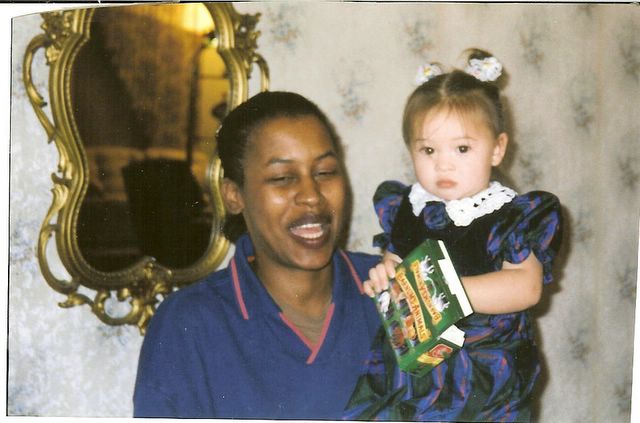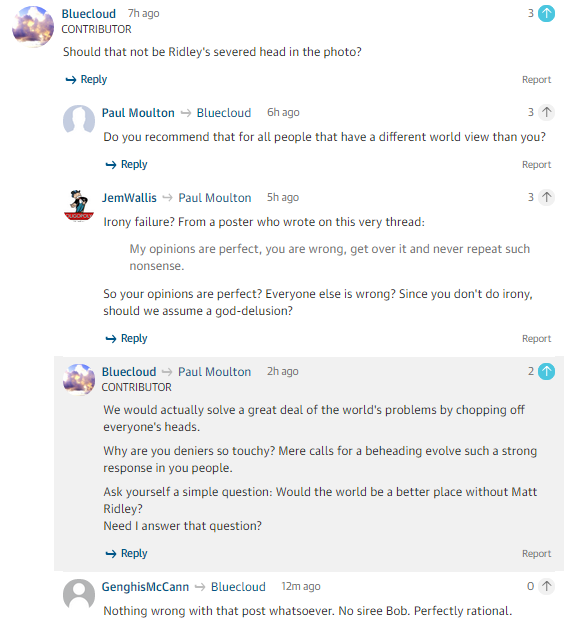The United States could be traveling down the same path as France
regarding Muslim immigration — a path that ultimately led to the Islamic
terror attack at Charlie Hebdo magazine in Paris.
For several decades France has invited Muslims from the Middle
East and North Africa to enter the country, in part to bolster the labor
force following World War II. Other European countries have seen
large-scale Muslim immigration as well.
"The United States seems increasingly to be turning toward
Western Europe's most undesirable demographic trends," writes Ian
Tuttle, a William F. Buckley Fellow in political journalism at the
National Review Institute.
In 1992, 41 percent of new permanent residents in the United
States came from the Middle East and North Africa, the Asia-Pacific
region, or sub-Saharan Africa. In 2002, the percentage was up to 53
percent.
Over that period, the number of Muslim immigrants coming to America each year doubled from 50,000 to about 100,000.
The number of Muslims in the United States is uncertain because
religious affiliation is not tracked by the Census Bureau, but the
Council on American-Islamic Relations claims there are about 7 million
Muslims in the country.
"Whatever the exact level, it can hardly be considered
surprising that as the Muslim population in the country has expanded, so
has the incidence of radicalism," Tuttle states, citing several
examples.
Accused Boston Marathon bomber Dzhokhar Tsarnaev and his
brother Tamerlan entered the country as refugees in 2002 and Tamerlan
was radicalized at a mosque in Cambridge, Mass.
That mosque was also attended by Abdul Rahman al-Amoudi, who
was raised in Yemen and in 2004 was sentenced to 23 years in jail in
part due to his role in a plot to assassinate the crown prince of Saudi
Arabia.
Also attending was Aafia Siddiqui, sentenced to 86 years in
prison in 2010 for attempting to kill a U.S. Army officer in
Afghanistan.
In 2003, six naturalized citizens in Lackawanna, N.Y., were convicted of providing material support to al-Qaida.
In March 2014, Mohammad Hassan Hamdan of Dearborn, a Michigan
city where 40 percent of the population is of Arab descent, was arrested
in Detroit on his way to join Hezbollah in Syria.
Last October, Mohammed Hamzah Khan of Bolingbrook, Ill., son of
Muslim immigrants from India, and two siblings were arrested in Chicago
on their way to enlist in the Islamic State.
Nidal Malik Hasan, whose parents came to the U.S. from the West
Bank, fatally shot 13 people at Ford Hood in Texas in November 2009.
It should also be noted, of course, that the 9/11 hijackers were allowed to enter the country with visas.
"Whatever the percentage of Muslims who support or would ever
consider supporting jihadism, the raw number obviously increases along
with the total number of Muslims," Tuttle points out. "One percent of 10
million is much larger than 1 percent of 1 million."
The most obvious remedy for the increased threat of Islamic
militancy in the United States would be to reduce the numbers of
immigrants from Muslim-majority countries, he suggests — noting,
however, that the move would meet with "fierce opposition from some
quarters."
Or, the United States could shift immigration priorities toward English-speaking nations and liberal democracies.
"The potential problems associated with massive Muslim
immigration, and potential solutions, must be addressed now," he
concludes.
"The attack on Charlie Hebdo was not inevitable, but years of
permissive immigration policy made it more and more likely. If we want
to reduce the probability of a similar attack inside America's borders,
we should recognize France's mistake, and reform immigration policies
that simply do not add up."





